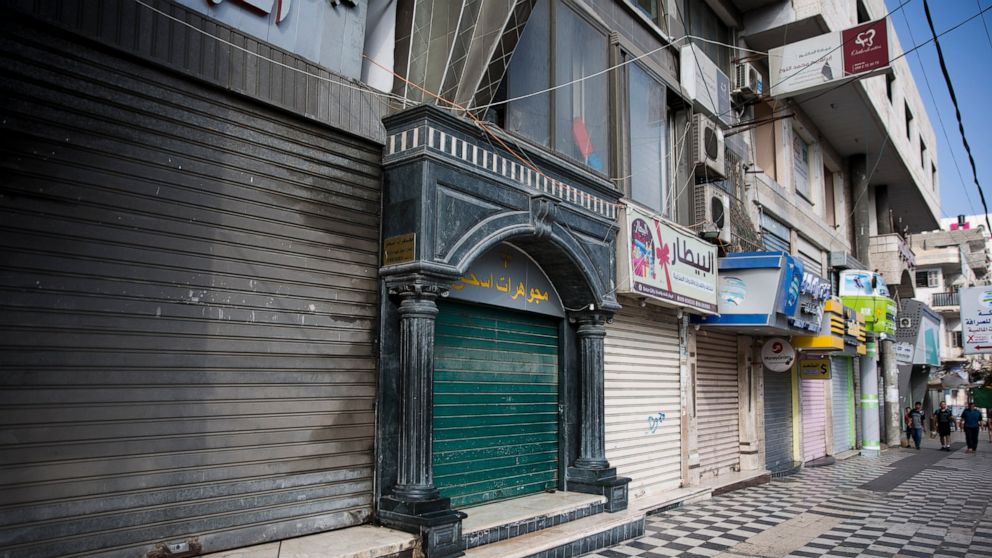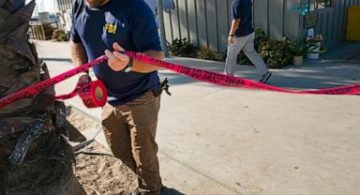
The head of the U.N. agency for Palestinian refugees said donors pledged $113 million Tuesday to help over 5 million Palestinians this year, calling it an encouraging step but short of alleviating a “precarious” funding situation.
Pierre Krahenbuhl said the U.N. Relief and Works Agency faced “the unprecedented reality” last year of having the United States, its single largest donor, cut funding from $360 million to just $60 million, and this year it received nothing from the Trump administration.
Krahenbuhl said 42 countries and institutions increased their contributions last year so the agency could finance its $1.2 million budget and UNRWA has kept the same $1.2 billion budget this year in hopes donors will be equally generous.
But the agency spent the more than $350 million it received so far this year by the end of May, he said.
“Right now we don’t have enough money in our accounts to run all our services, so we have to take measures already now to delay some payments,” he said.
UNRWA was established after the war surrounding Israel’s establishment in 1948 to aid the 700,000 Palestinians who fled or were forced from their homes. It now provides education, health care, food and other services to the refugees, their children and grandchildren in the West Bank and Gaza Strip as well as Jordan, Syria and Lebanon.
Krahenbuhl said it is “urgent” for UNRWA to receive the $113 million pledged Tuesday “because we are in a cash flow crisis.” He said the biggest contributions came from the European Union, Germany and the United Kingdom.
The money is needed now, especially so that 530,000 Palestinian students can return to school in late August and 1 million Palestinians in Gaza who rely on food from UNRWA can receive it without interruption, he said.
“I think the situation is extremely precarious when you think of a million people not receiving food assistance in Gaza,” Krahenbuhl said in an interview with The Associated Press.
In announcing the total cutoff in U.S. funding, the Trump administration called UNRWA an “irredeemably flawed operation.” It criticized the agency’s “fundamental business model and fiscal practices” and an “endlessly and exponentially expanding community of entitled beneficiaries.”
Krahenbuhl reiterated UNRWA’s view that the U.S. decision was not about UNRWA’s performance, but rather a way to put pressure on the Palestinian leadership to return to the negotiating table.
“That’s a form of politicizing humanitarian funding that should be absolutely avoided,” he said. “From a humanitarian view, that should not have happened.”
The pledging conference took place on the same day that a key architect of the U.S. plan for Israeli-Palestinian peace — Trump’s son-in-law Jared Kushner — rolled out an economic plan for the Palestinians at a workshop in Bahrain. The Palestinians are boycotting.
Krahenbuhl said he was flying to the Middle East late Tuesday to follow up with countries after the donor conference. He said meeting the $1.2 billion budget will take a lot of hard work.
“It’s back to globe-trotting,” he said. “I know we won’t have a day off until the end of the year.”





